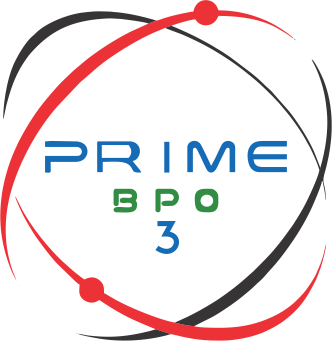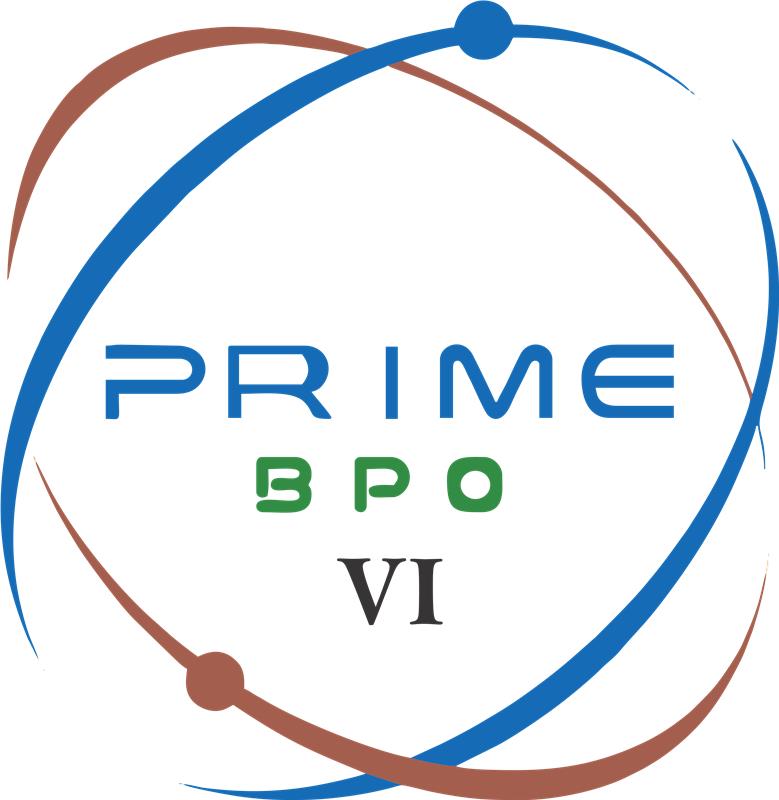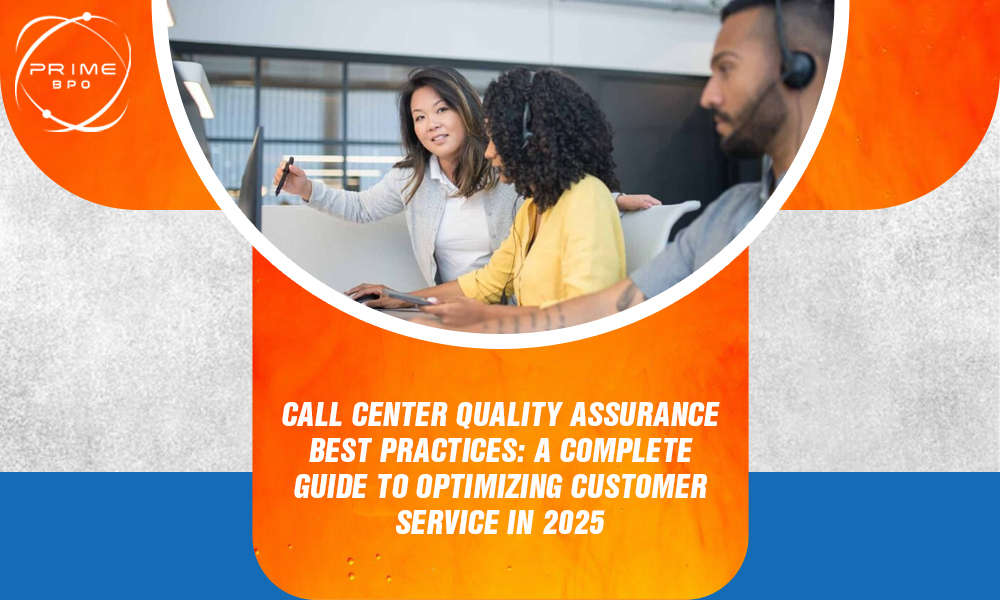Key Takeaways
- Clear goals make quality checks easy to measure and useful.
- Scorecards and call monitoring help keep things consistent.
- Helpful feedback and coaching let agents improve and grow.
- Training on rules protects both customers and the company.
- Using technology and analytics makes work more accurate and faster.
- Always improving and comparing with others helps long-term success.
Call Center Quality Assurance Best Practices
In today's competitive marketing, customer experience is the very important part of the any business and it is the major differentiator between the business that are successful and those who are not. For call centers, making sure every customer call is handled well requires a clear system called quality assurance (QA). By following the best QA practices, call centers can keep customers happy, meet rules and standards, and help agents improve their skills.
In this guide we will explain you the best Call Center Quality Assurance Best Practices that call center leaders use to give customers the same good service every time. We will talk about QA methods, how to check service quality, call monitoring tips, important rules to follow, and ways to measure agent performance that can improve your call center.
Get Free Quotes
Customized Options Await
Why Quality Assurance Matters in Call Centers
Quality assurance in call centers is not only about listening to calls. It is about creating a system that makes sure every customer gets service that is professional, caring, and correct at every step. QA is useful in many ways:
Improves Customer Experience
Giving the same good service every time makes customers feel happy and trust the company.
Enhances Agent Performance
Feedback and training help agents get better at their jobs.
Ensures Compliance
Following rules and laws keeps the company safe from problems.
Boosts Efficiency
Fixing slow or broken processes saves time and money.
Drives Business Growth
Happy customers stay loyal and they will surely tell other people about the company.
Best Practices In Call Center Quality Assurance
For best call center quality assurance practices you have to understand the following things,
1. Define Clear QA Objectives
Before launching any quality assurance best practices call center program, make sure to set clear goals that are aligned with your organization’s priorities. Objectives can include:
- Improving first-call resolution (FCR) rates
- Enhancing customer satisfaction (CSAT) scores
- Meeting call center compliance standards
- Reducing average handle time (AHT) without compromising quality
2. Develop Comprehensive QA Scorecards
A QA scorecard is a tool used to check how well agents handle customer interactions. It should be designed to fit your company’s needs and may look at things like giving correct information, using a polite and caring tone, following scripts and rules, solving customer problems effectively, and sticking to company policies.
3. Implement Call Monitoring Best Practices
Customer service quality monitoring is at the heart of QA. To maximize results you have to use multiple channels like monitoring phone calls, live chats, and emails.You can also use double scoring, where two evaluators review some calls to keep results fair. In addition, speech analytics tools can scan many calls quickly to find keywords, spot risks, or understand customer emotions.
4. Provide Constructive Feedback and Coaching
Feedback should not only show where an agent made mistakes but also explain how they can do better. It works best when given quickly after a call so it feels relevant. Good feedback also balances positives and negatives, also praising what the agent did well while pointing out areas to improve. Regular coaching sessions help agents grow, and peer mentoring allows experienced agents to guide those who need extra support.
5. Align QA With Customer Expectations
Customers needs change over time, so its QA program should also have to change. You can do this by running surveys often and studying customer feedback to improve your call center. You have to focus on simple but important things like how long your customer wait and the tone of agents use while talking to the customers. Solving problems without sending calls to others and making the service feel personal.
6. Train Agents on Compliance Standards
Call center rules change by industry, but they usually mean keeping customer information safe, giving correct financial details, and getting clear permission before doing something. To follow these rules, agents have to get regular training, practice real-life situations, and use tools that help avoid mistakes. Adding rule checks to quality scorecards also makes sure agents stay compliant.
7. Foster a Culture of Continuous Improvement
Quality assurance works best when it becomes part of the company’s everyday culture. Agents should not see QA as strict checking but as a way to learn and improve everything. You can build this mindset by sharing success stories, rewarding agents with good QA scores, encouraging self-checks and peer reviews, and updating QA methods whenever new lessons are learned.
8. Leverage Technology for QA Automation
Modern QA is not just about listening to calls—it also uses smart technology. Tools like speech and text analytics can quickly find patterns, real-time systems can flag risks right away, and AI can provide fair, unbiased evaluations. Cloud dashboards also make results easy to share. Using automation reduces manual work and improves the accuracy of QA.
9. Standardize Agent Performance Evaluation
Being consistent is very important when checking how agents perform. A fair system should look at basic service skills like listening, showing care, and solving problems. It should also make sure agents follow rules and check if customers are satisfied and their issues are fixed. Soft skills like tone, patience, and professionaliscomparem also matter. Using the same standards for everyone makes the results fair and easier to .
10. Benchmark and Continuously Optimize
To stay ahead, compare your QA results with industry standards or competitors. Pay attention to things like first-call resolution, customer satisfaction, compliance levels, and employee turnover. Remember that QA is never a one-time task, it should be updated regularly as technology and customer needs keep changing.
Get Free Quotes
Customized Options Await
Call Center QA Strategies for Long-Term Success
A strong Quality Assurance program needs clear steps, the right tools, and coaching that focuses on people. For long-term success, here are some important strategies to follow lets have a look for the better understanding.
- Workforce Management (WFM)
Connect QA with staff schedules, work productivity, and how tasks are shared, so everything runs smoothly.
- Teamwork between departments
Get compliance, training, and operations teams involved when creating QA plans, not just the QA team alone.
- Customer journey tracking
Check the quality of service at every step of the customer’s experience, not only in single moments.
- Flexible systems
As your call center grows, make sure your QA system can grow and adjust with it.
Common Mistakes to Avoid in QA Programs
Even with good tools, call centers can make mistakes that weaken QA. Some common traps are:
- Too much focus on numbers: Don’t only look at call time or number of calls, customer satisfaction matters more.
- One-size-fits-all scorecards: Your scorecards should match your industry and what your customers really need.
- One-way feedback: Don’t just tell agents what to fix, also have two-way conversations.
- Forgetting soft skills: Skills like empathy and good listening are just as important as correct answers.
- Ignoring other channels: Look at chats, emails, and other channels too, not just calls.
Future Trends in Call Center Quality Assurance
QA is always changing. New trends include:
- AI tools that read customer feelings: Gives real-time feedback during calls.
- Predictive QA: Finds possible problems early, before they get bigger.
- Omnichannel QA: Checks quality across calls, chats, emails, and even social media.
- Agent self-scoring: Lets agents rate their own work to build responsibility.
- Customer-driven QA: Uses direct customer feedback as an important part of evaluations.
Get Free Quotes
Customized Options Await
Conclusion
Using the best methods in call center quality checks is very important for giving customers the same good experience every time. This includes making clear scorecards, using the right technology, and following rules. Doing these things helps build customer trust and gives agents more confidence.
The best quality programs don’t stay the same forever, they grow and change as customer needs and industry rules change. When you make quality assurance a regular part of your company culture, you set yourself up for success now and in the future.
Improve Your Call Center QA Today – Contact PrimeBPO for Expert Guidance!
FAQS
- What is the quality assurance process in a call center?
The QA process in a call center involves monitoring customer interactions, evaluating agent performance against set standards, and giving feedback. Its purpose is to maintain consistency, boost customer satisfaction, and improve agent skills.
- What is the 80/20 rule in a call center?
The 80/20 rule means 80% of calls should be answered within 20 seconds. It’s a common benchmark to reduce wait times while managing call center efficiency.
- What are the 5 components of quality assurance?
The five main components are:
- Clear standards and metrics
- Monitoring and evaluation
- Feedback and coaching
- Reporting and analysis
- Continuous improvement
- How to improve QA score in call center?
To raise QA scores, you have to set clear expectations, give regular coaching, use call monitoring tools, encourage empathy and problem-solving, also you have to gather customer feedback, and provide ongoing training.
- How do I implement quality assurance call center best practices?
By monitoring calls, using scorecards, giving constructive feedback, training agents on compliance, and continuously improving processes, you can follow quality assurance call center best practices effectively.






